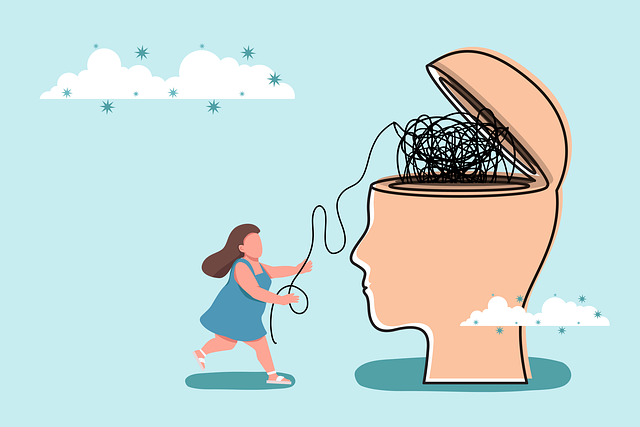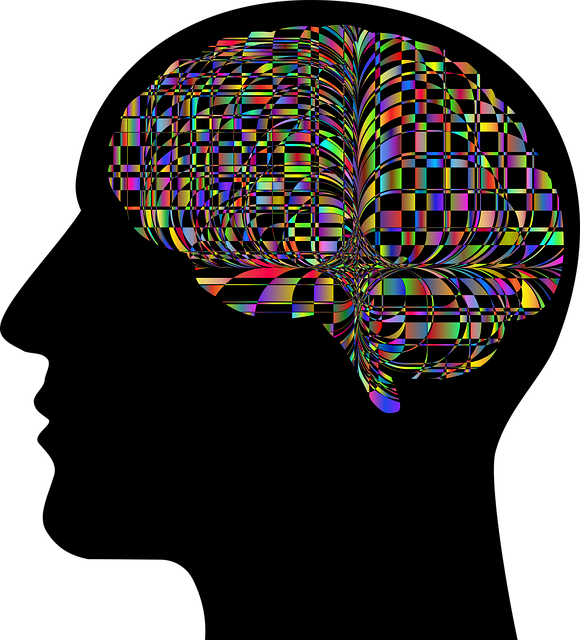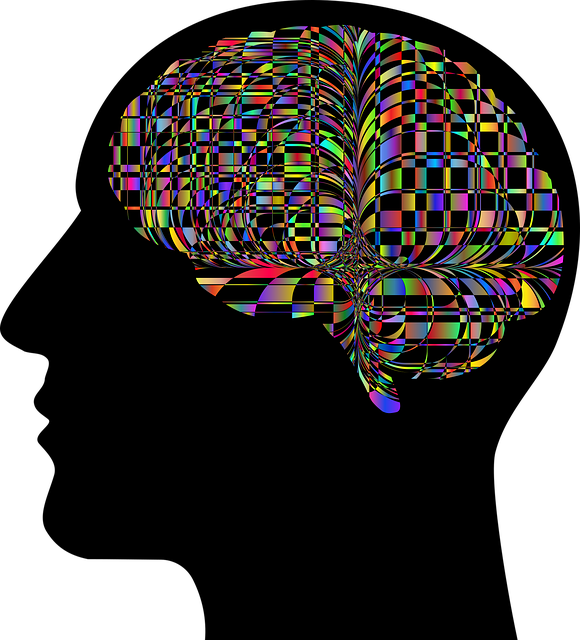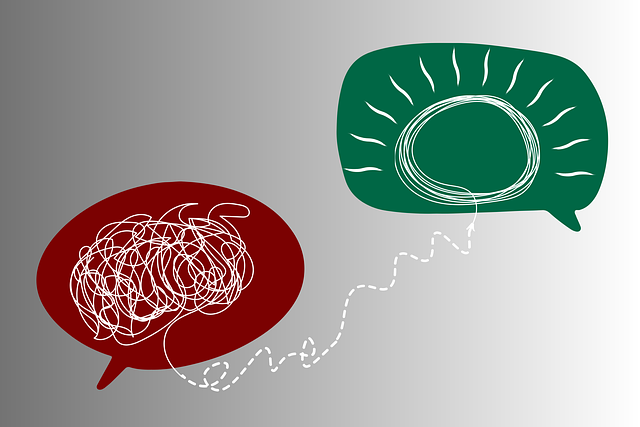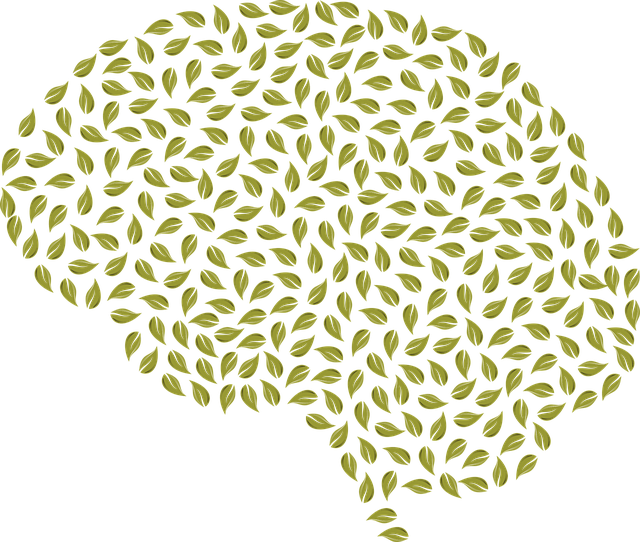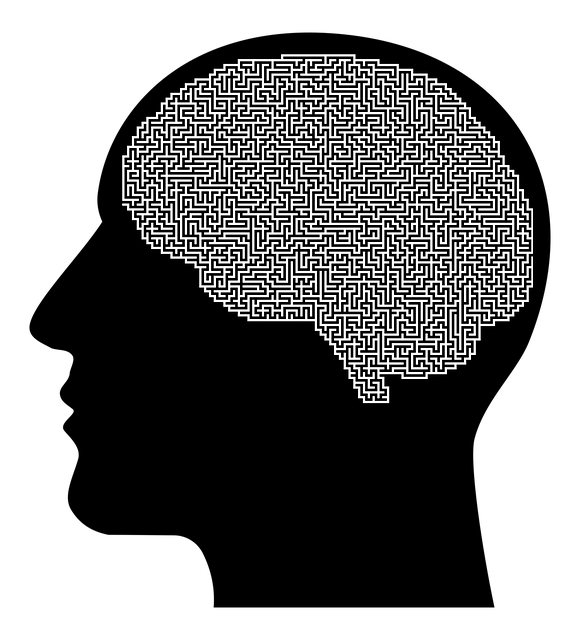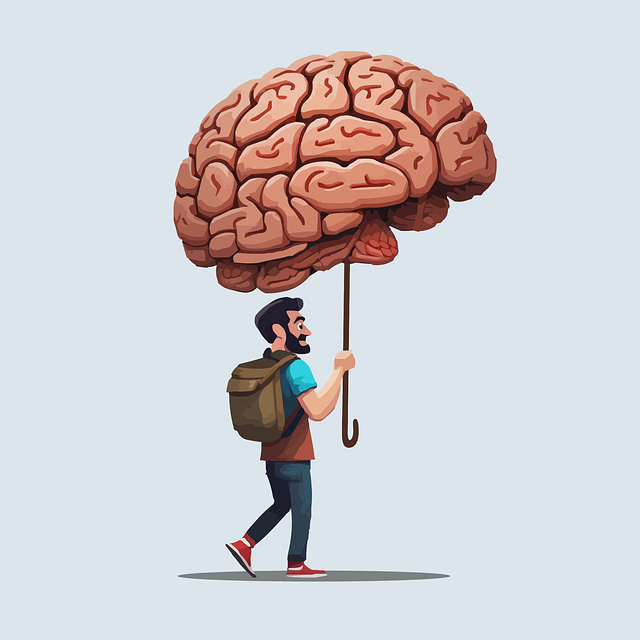Understanding cultural diversity among elderly populations is vital in mental healthcare due to its significant impact on their well-being. Elderly individuals from diverse backgrounds face unique challenges like acculturation stress, language barriers, and intergenerational trauma, affecting therapy delivery. Culturally sensitive practices, focusing on personalized methods such as family-centered therapy and traditional healing practices, enhance engagement and coping skills development. By respecting each senior's cultural background, therapists create safe spaces for sharing experiences and addressing mental well-being challenges, leading to tailored interventions that promote emotional healing and mindfulness. This holistic approach improves quality of life and treatment outcomes, contributing to elders' emotional stability and sense of fulfillment, specifically regarding their therapy for elders parenting skills.
In today’s diverse society, cultural sensitivity is paramount in mental healthcare, especially when addressing the unique needs of the elderly. This article explores the impact of cultural diversity on mental health among seniors and offers insights into enhancing therapy sessions and parenting skills through culturally responsive practices. By tailoring approaches to accommodate diverse backgrounds, we can ensure more effective support for elderly individuals, promoting holistic well-being and fostering strong relationships between caregivers and clients. Key focus areas include understanding cultural nuances, sensitizing therapy, and empowering families with culturally sensitive parenting skills.
- Understanding Cultural Diversity in Elderly Populations and its Impact on Mental Health
- Sensitizing Therapy Sessions: Tailoring Approaches for Elders from Diverse Backgrounds
- Enhancing Parenting Skills through Culturally Responsive Practice in Geriatric Mental Healthcare
Understanding Cultural Diversity in Elderly Populations and its Impact on Mental Health

Understanding cultural diversity among elderly populations is paramount in mental healthcare practice due to its significant impact on mental health and well-being. Elderly individuals from diverse backgrounds often face unique challenges that can influence their psychological experiences, such as acculturation stress, language barriers, and intergenerational trauma. These factors can complicate the delivery of effective therapy for elders, requiring mental health professionals to adopt a nuanced approach that considers cultural context.
For instance, elderly patients from different cultures may have distinct perceptions of mental illness, family dynamics, and parenting skills, which in turn affect their willingness to seek help and engage in therapeutic processes. Building resilience and boosting confidence within this demographic becomes a complex task, necessitating culturally sensitive practices. By recognizing and appreciating these differences, healthcare professionals can foster trust, improve communication, and ultimately enhance the effectiveness of therapy for elders.
Sensitizing Therapy Sessions: Tailoring Approaches for Elders from Diverse Backgrounds

In therapy sessions with elders from diverse backgrounds, cultural sensitivity is paramount. Therapists must recognize that traditional therapeutic approaches may not resonate with every client, especially those who hold onto unique cultural beliefs and practices. Sensitizing these sessions involves learning about and incorporating the individual’s heritage, values, and perspectives into the healing process. For instance, an elder from a community with strong familial bonds might benefit from family-centered therapy, fostering connections that strengthen coping skills development.
Tailoring therapy for elders also means being open to alternative methods like mental wellness journaling exercises guided by cultural narratives or incorporating traditional healing practices where applicable. This personalized approach not only respects the client’s background but also enhances their engagement and willingness to participate in activities promoting mental wellness. Moreover, it can help prevent burnout among healthcare providers by creating a more meaningful and rewarding therapeutic experience for both parties.
Enhancing Parenting Skills through Culturally Responsive Practice in Geriatric Mental Healthcare

In geriatric mental healthcare, enhancing the parenting skills of elderly individuals through culturally responsive practices is a powerful tool for emotional healing processes. Understanding and respecting an individual’s cultural background is essential in fostering effective therapy for elders. By incorporating culturally sensitive approaches, mental health professionals can create safe spaces where seniors feel comfortable sharing their experiences and addressing specific challenges related to aging and mental well-being. This holistic understanding enables therapists to tailor interventions that not only provide anxiety relief but also promote mindfulness meditation as a coping mechanism, enhancing the overall quality of life for these individuals.
Culturally responsive practice ensures that therapy aligns with the unique values and beliefs of each senior, strengthening their ability to navigate the complexities of mental health issues. This personalized approach can significantly improve engagement in treatment, leading to better outcomes. By recognizing the importance of cultural context in geriatric care, healthcare providers can offer targeted support, enabling elders to develop robust parenting skills that contribute to their emotional stability and sense of fulfillment.
Cultural sensitivity is paramount in mental healthcare, especially when addressing the unique challenges faced by elderly individuals from diverse backgrounds. By understanding the impact of cultural diversity on mental health and tailoring therapy sessions to suit various needs, practitioners can significantly enhance the effectiveness of care. Furthermore, culturally responsive practices in geriatric mental healthcare not only improve access to services but also empower elders to navigate their mental health journeys with support that respects and values their heritage. This approach ensures that therapy for elders goes beyond conventional methods, incorporating tailored strategies to strengthen their parenting skills and overall well-being.
